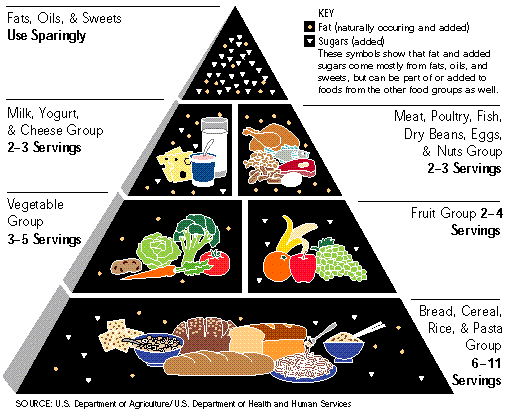Yikes! Mercury! You mean to tell me there might be mercury in my fish oil? Yeah, and PCBs too. If that's the case, what's a healthy consumer to do?
Wake up and pay attention is the first thing. Yes! Heavy metals, toxins and poisons in fish are a real concern, but only if you don't know the source of your fish, the manufacturer's practices, their scientific quality control and the commitment of the company behind the product (making a healthy difference vs. making a healthy profit).
You need to know that not all fish are created equal. Besides having varying amounts of important nutritional oils, they live in different places, have different feeding habits and react differently to captivity (as in "farm raised").
Some fish live and feed in cold waters and are much richer in omega 3 fatty acids. Some fish are bottom feeders and have higher levels of toxins and heavy metals than open water feeders. Some fish feed predominantly in estuaries where industrial pollution flows down rivers. While still other fish are raised in collective tanks, ponds and pools with little to no efficient fresh water circulation, increasing the likelihood of contamination with things like PCBs.
So, my first recommenation is that you want to choose a company that uses specific fish (salmon, for example) that live and are caught in cold, open waters.
Then there's the selecting of fish and processing of fish oils. How can you be sure a company that sells fish oils aren't using the garbage fish, diseased fish or fish graded for cat food and fertilizer?
This brings us to my second recommendation. Only buy fish oils from companies that use health screened fish, graded for human consumption and listed on the label. This last point is important because otherwise you'd have no way of knowing what fish are being used.
And finally, how can you be certain their processing doesn't include pressing the fish organs, which are high in Vitamin A, D, heavy metals and toxins?
My third and final recommendation is to buy fish oils from a company that only presses the oils from the flesh - not the organs. This is the only way you can be sure there are no heavy metals and toxins and no hidden Vitamin A and D. Not that there's anything wrong with A and D, but it's important to know how much you're getting, because too much can be harmful for certain people.
Follow these tips and you won't go wrong. You may have to ask the company who supplies your omega 3 fish oils if they follow these practices too. If you get unfavorable or evasive answers then you need to get online and do more research.

 Starting Up An Aquaponics Set Up From See The Easy Way
Planting seeds in your aquaponics system can be a lot simpl
Starting Up An Aquaponics Set Up From See The Easy Way
Planting seeds in your aquaponics system can be a lot simpl
 The Simplest Way To Lessen Your High Cholesterol By Natural Means
High-cholesterol is a major variable inside the countrywide
The Simplest Way To Lessen Your High Cholesterol By Natural Means
High-cholesterol is a major variable inside the countrywide
 Introduction To Of Some Lower Cholesterol Foodstuffs
Cholesterol is a fat-like element contained in the physique
Introduction To Of Some Lower Cholesterol Foodstuffs
Cholesterol is a fat-like element contained in the physique